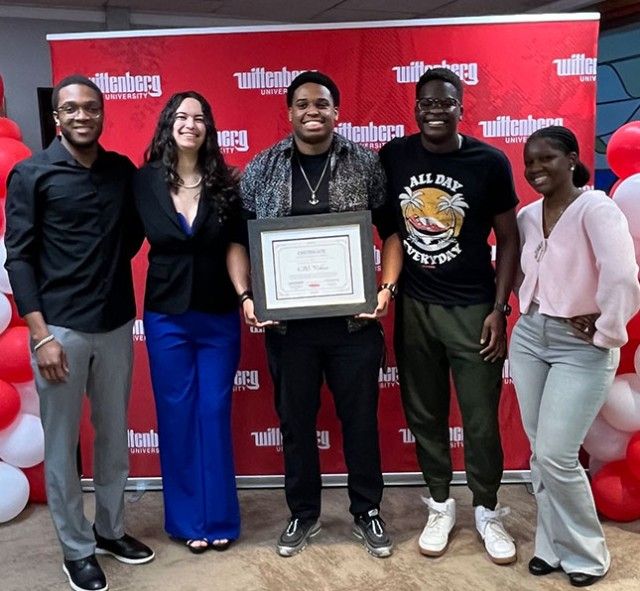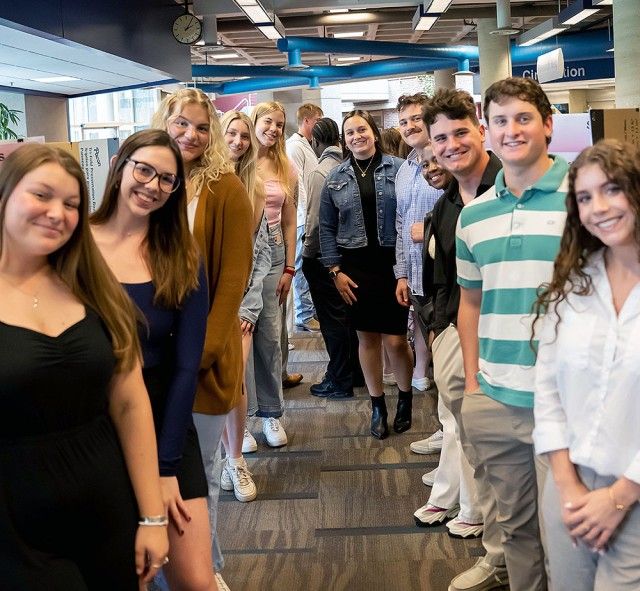In an effort to be even more prepared in emergency situations on or near campus, Wittenberg University and several community partners joined together in a tabletop exercise on Aug. 10 from 11 a.m. to 3 p.m. at the Joseph P. Shouvlin Center for Lifelong Learning, 200 W. Ward St.
“Ensuring the safety of our students, faculty and staff is a top priority so collaborative exercises like these are absolutely critical to effective emergency management,” said Wittenberg President Michael L. Frandsen, who participated in the three-hour session. “We were pleased to have been the host site for this tabletop exercise and to have been able join with our community partners in assessing all aspects of a comprehensive emergency situation.”
The 2017 Clark County Local Emergency Planning Committee (LEPC) conducted the exercise so that members could evaluate emergency response procedures, identify areas for improvement and foster a collaborative attitude. The exercise focused on incident assessment, communications, population protective actions, traffic and access control, and hospital services.
Designed and facilitated by Marc Burdiss of Preparedness Solutions, the exercise brought together representatives of the governing body of the Clark County Local Emergency Planning Committee, the Ohio Emergency Management Agency (Shawn Riley – SERC facilitator), the Clark County Emergency Management Agency, the Clark County Hazardous Materials Team, the Springfield City Fire and Rescue Division, the Springfield City Police Division, Springfield City Communications Center, the Springfield Regional Medical Center and Wittenberg University. Other agencies supported the exercise by observing or evaluating, including the Champaign County Emergency Management Agency, Clark State Community College, the American Red Cross and the Kettering Health Network.
“We practice preparedness daily, but you can never practice enough,” said Wittenberg Chief of Police Jim Hutchins. “Engaging in exercises like this with so many community partners is invaluable in our collective efforts to provide the safest environment for those we serve.”
This particular scenario focused on a motor vehicle accident near the Wittenberg University campus involving a transporter of hazardous materials. The scenario evolved with situation updates provided by the facilitator and after each update, the players discussed incident impacts, agency concerns and response actions.
“This is just a reminder that it truly does take a whole community to come together for the good of one, which is good for all,” said Lisa D'Allessandris, director of Clark County Emergency Management.
The basic purpose of the exercise was to solve problems in a group discussion. The format was an open discussion driven by information presented on slides with additional content and questions as presented by the exercise facilitator.
Immediately following the exercise, the facilitator conducted a “hotwash” to gather input on the scenario and entertain ideas for improvement.
An After-Action Report (AAR) was also completed to identify strengths and areas for improvement.
The local LEPC is the funding source for the exercise and is made up entirely of community partners. The group is required to have a hazardous materials focus in planning, training and exercising.







